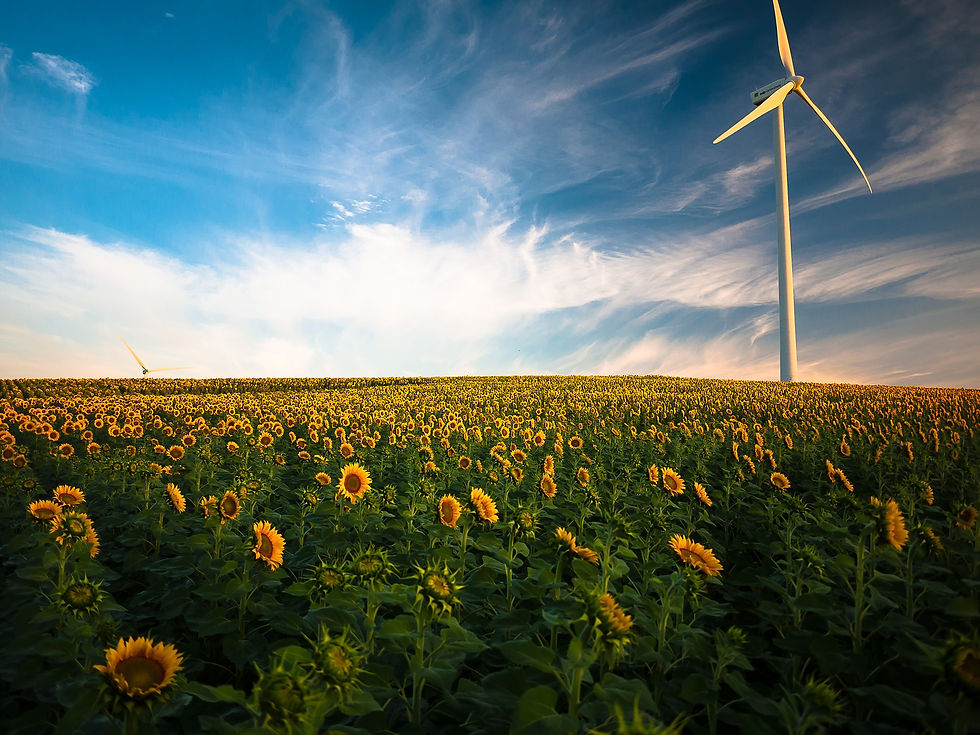Megan Tarbuck invites us to rethink the way we bank our money without supporting unethical practices and fossil fuel expansion.

Barclays is the top European banker of fracking and coal, with $85 billion poured into fossil fuels and $24 billion into expansion since the Paris Agreement.
Recently our banks seem to have come under fire by the likes of Greenpeace and other environmental groups. Through some researching, it’s shocking to see where our money gets invested and how unethical the big banks truly are. This article looks at what changes we can make to prevent our money going towards fossil fuel expansion and other unethical practices, and who the best alternative banks are.
Back in March 2019, a report was released by Rainforest Action Network, BankTrack, Indigenous Environmental Network and many more international organisations (and endorsed by 163). The report revealed where exactly our money was being invested by the banks, highlighting a staggering $1.9 trillion was put into the fossil fuel industry since the Paris Climate Agreement in 2015. This included funding fossil fuel exploration, fracking and tar sands expansion.
So our big name banks aren’t exactly great for the environment. But what can we do about that? Introducing ‘ethical banks’! Ethical banks are designed to have limited negative impact on the environment, meaning how your money gets invested adheres to much more stringent rules.
Ethical banks also take part in positive action. For example, investing in renewable energy rather than fossil fuels, being transparent in where your money is spent and supporting environmentally friendly practice.


Opmerkingen